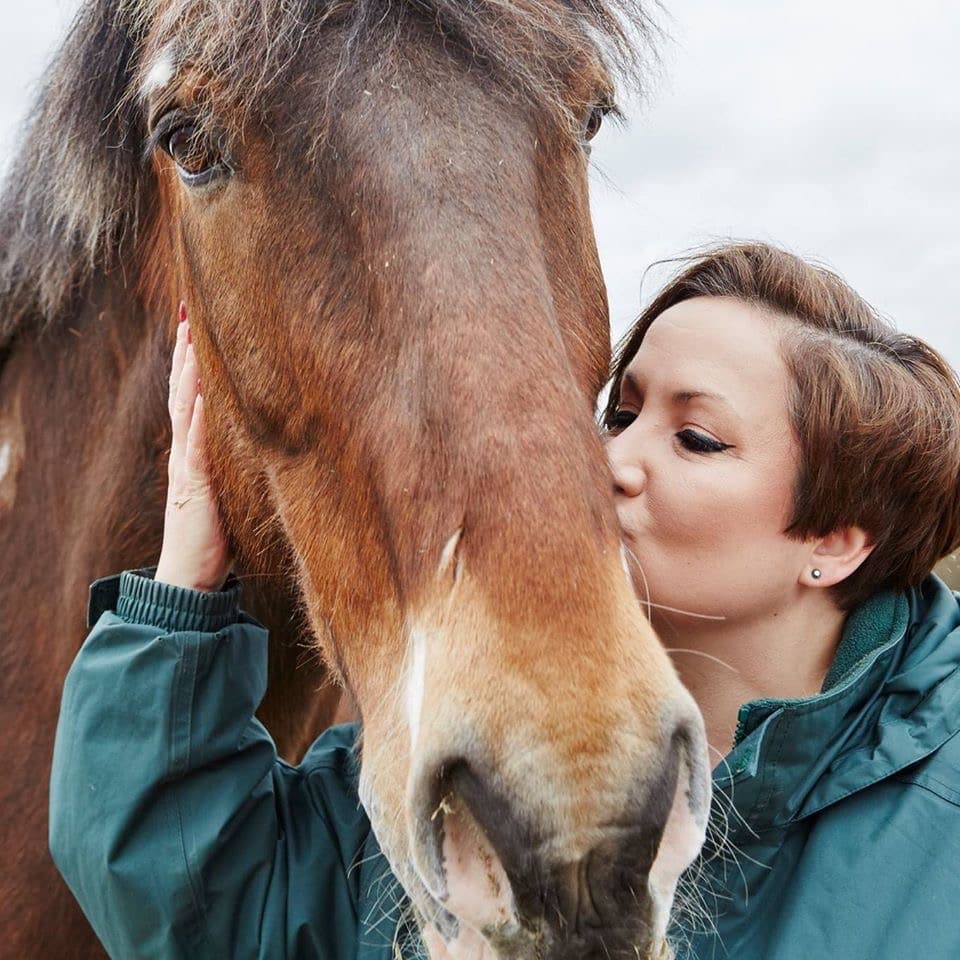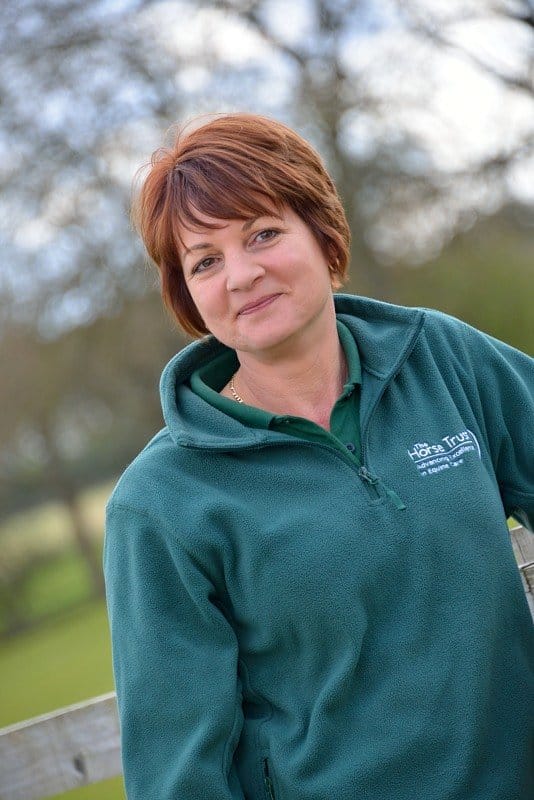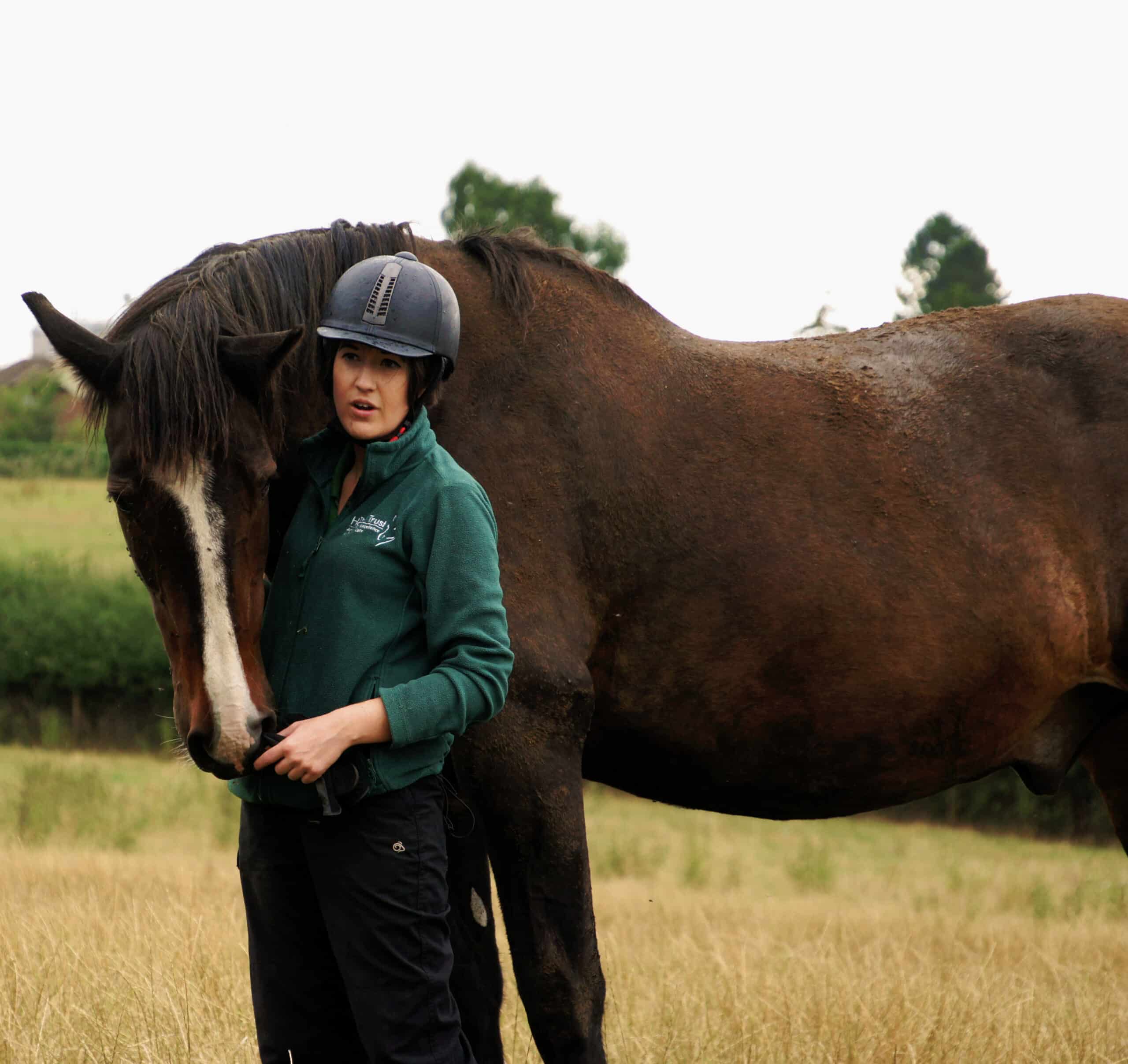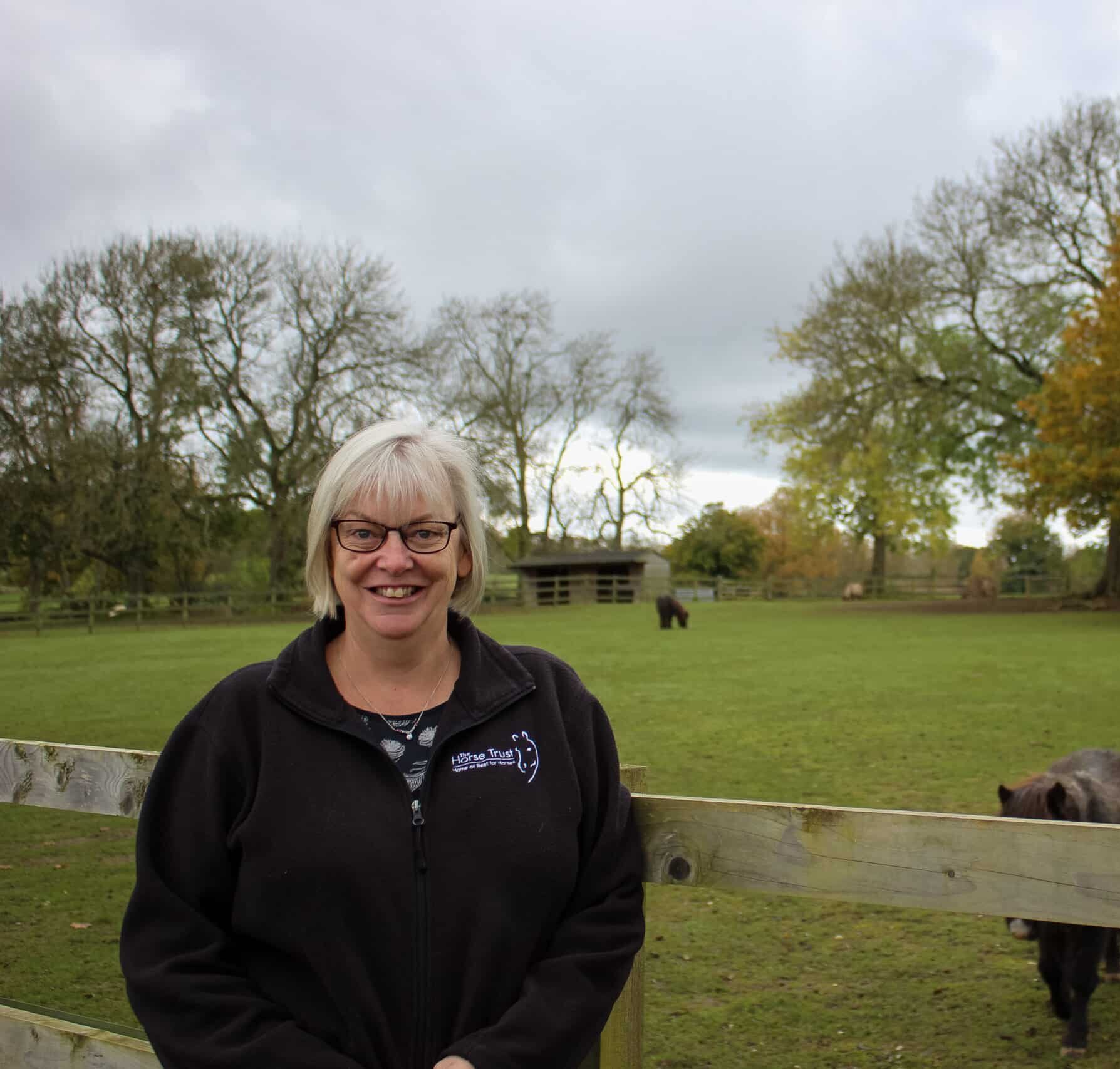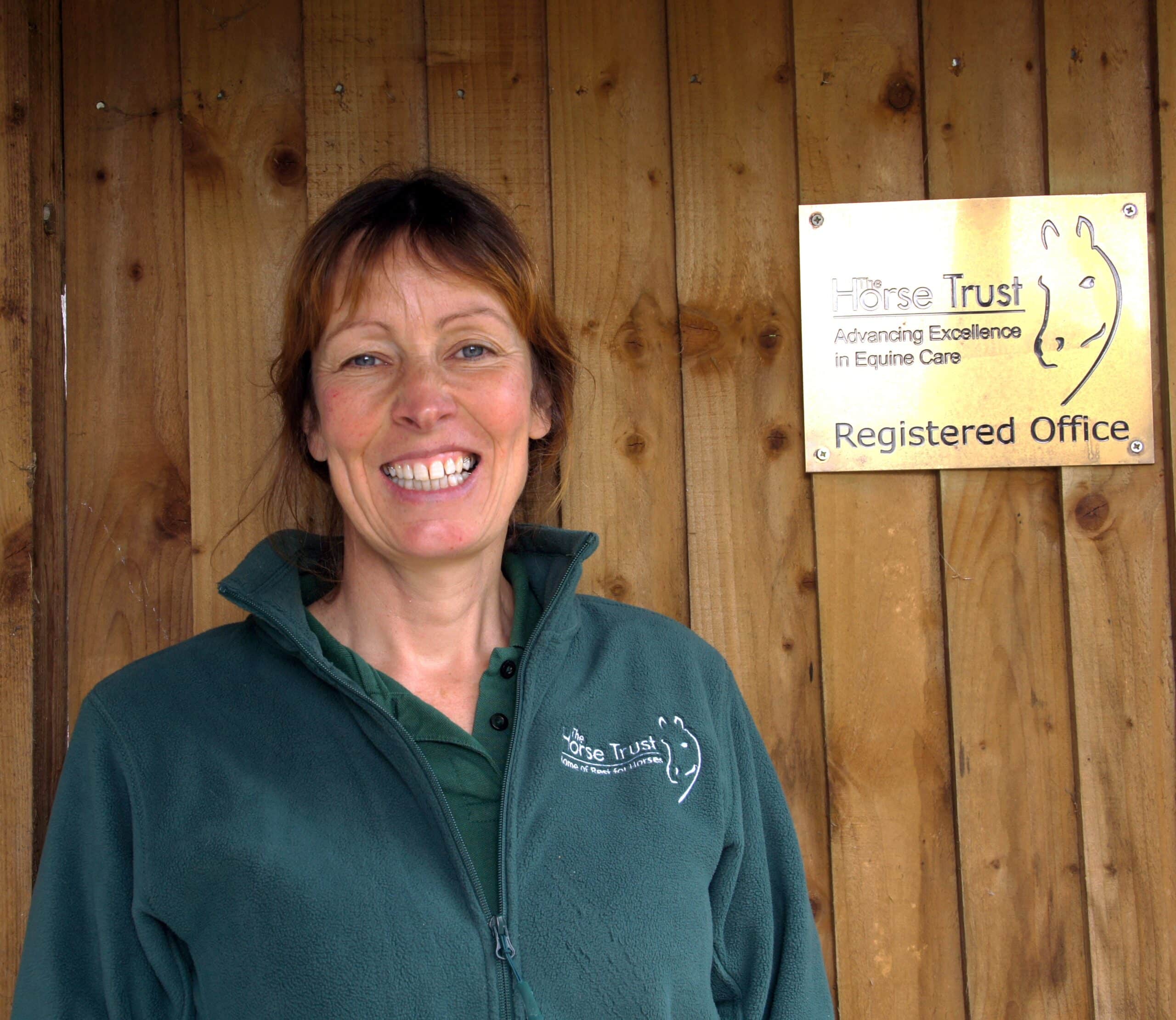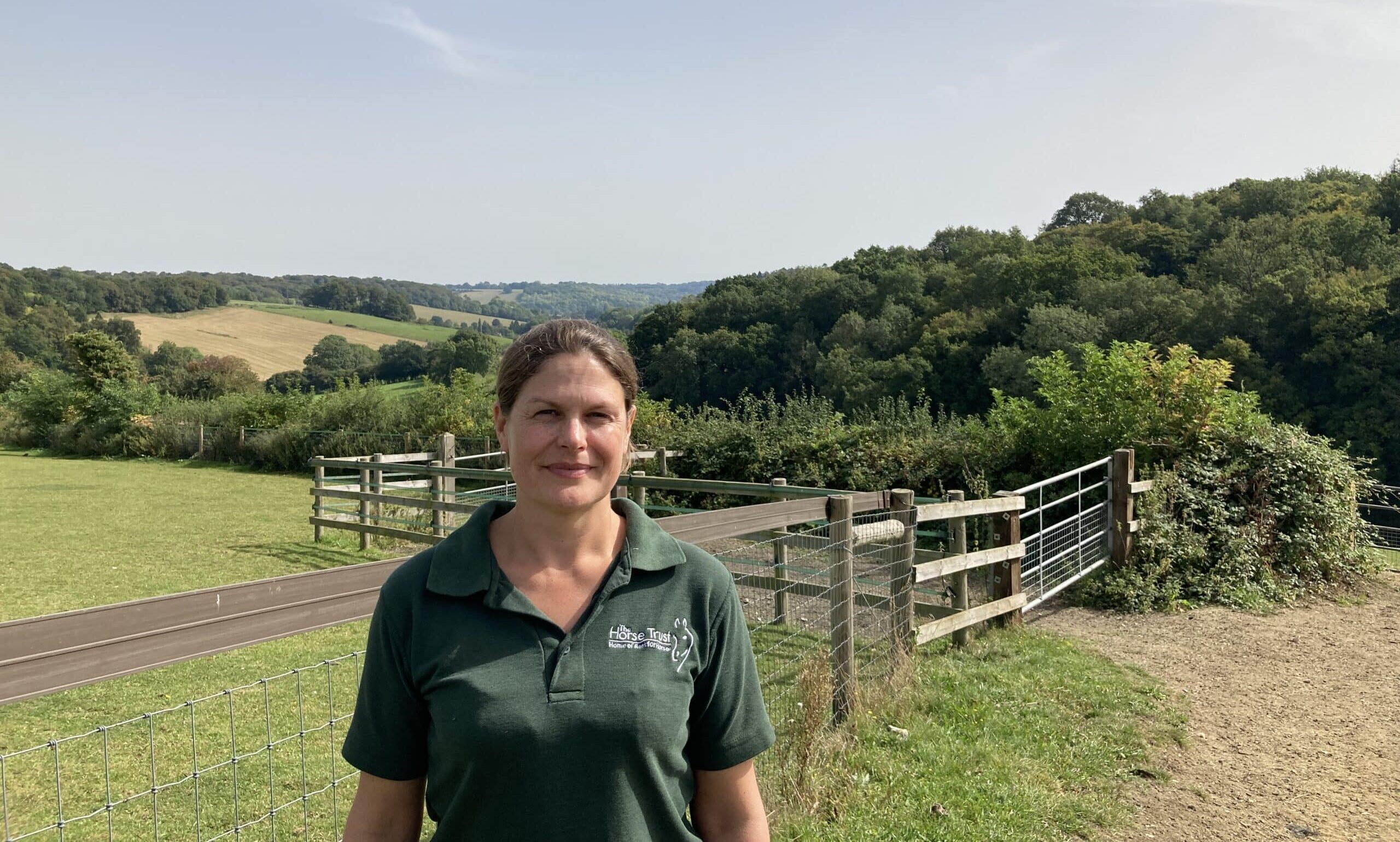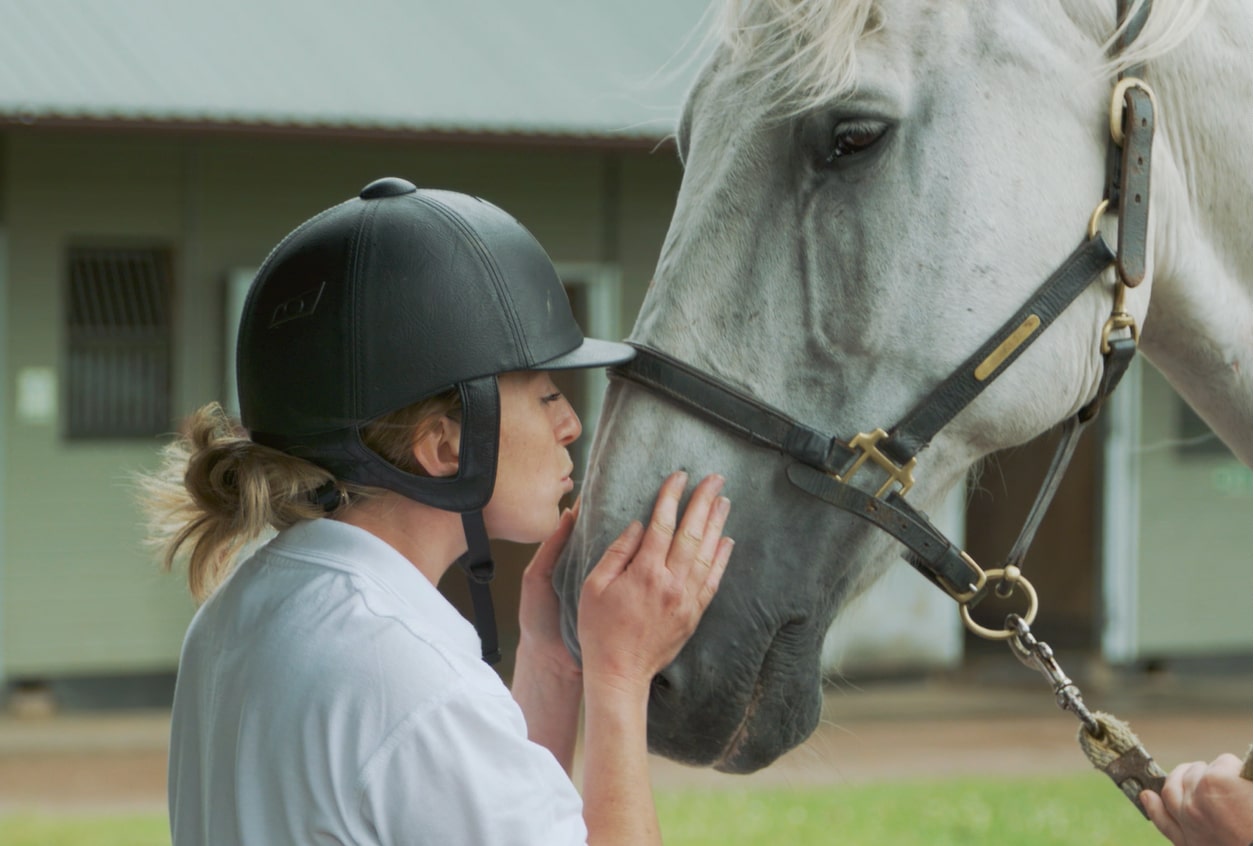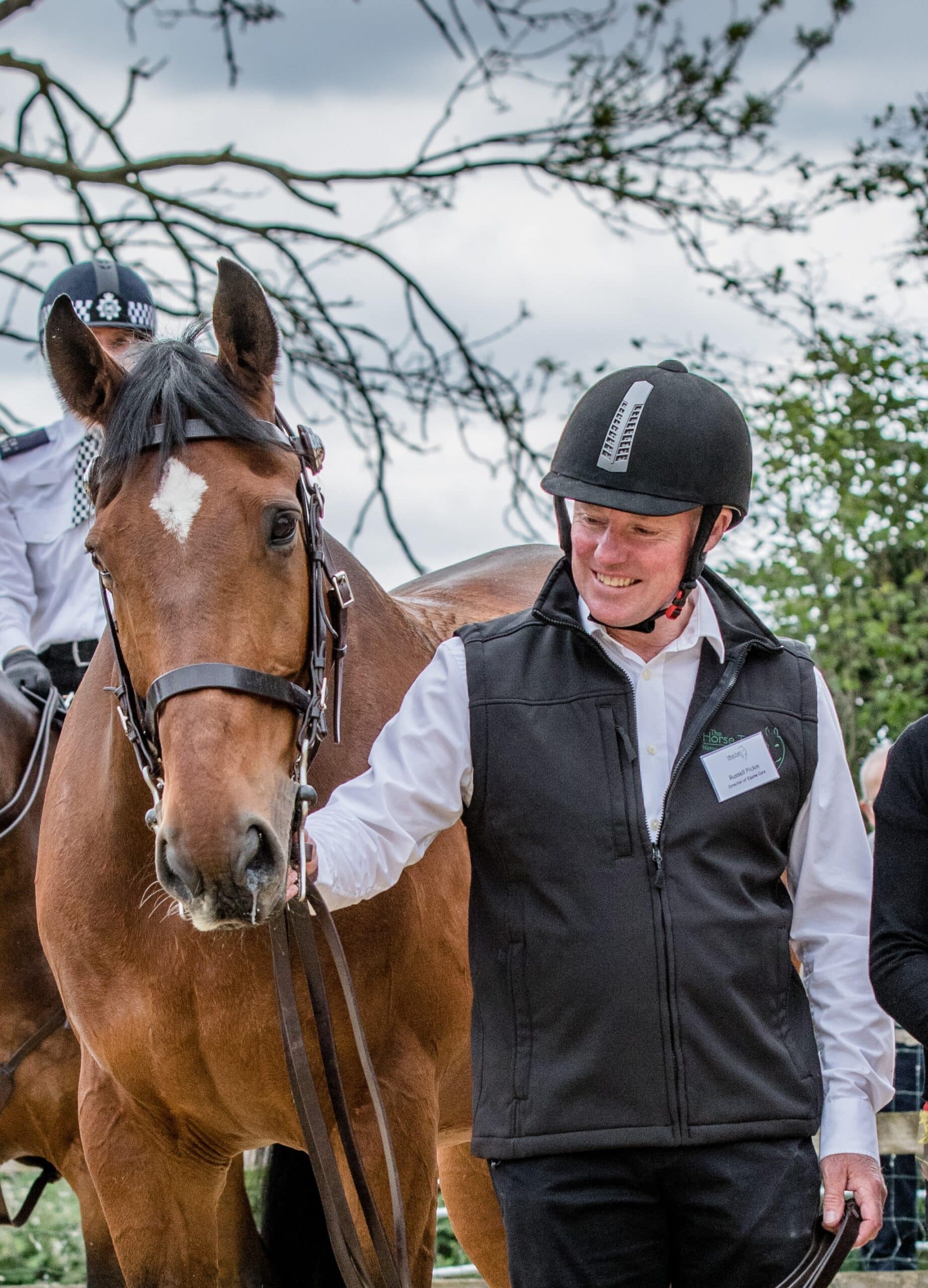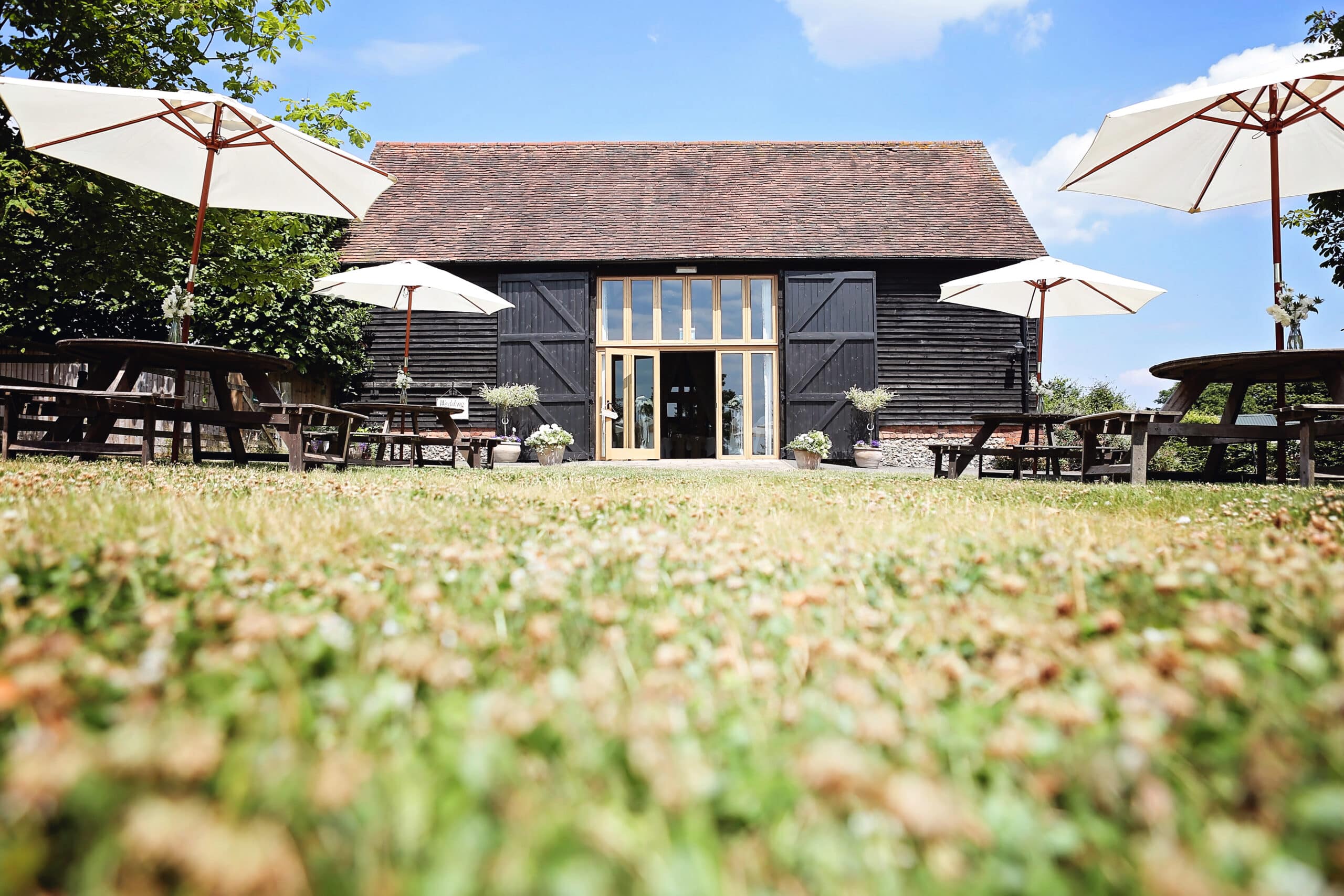Your cart is currently empty!
The term colic refers to abdominal pain in horses. It is common and often resolves with simple treatment but, dependent on the cause it can have serious consequences for their health and they can deteriorate rapidly, even with treatment. It is one of the most common causes of death in the UK horse population.
The abdominal pain the horse is experiencing often originates from the gut, which is a large and complex group of organs in the horse. Horses’ digestion involves fermentation which creates gas as a byproduct, which can be one cause of the abdominal pain. They also cannot vomit to eliminate toxins or indigestible food, which can be another cause of the abdominal pain. Horses show varying signs of colic and our grooms are trained to spot this signs, and report them quickly so we can get our horses the care they need. . The cause of colic will depend on each individual case and therefore the treatment routes also vary, with medical and surgical options available dependent on diagnosis. Although some cases of colic are mild and require little to no treatment, our particular population are more likely to suffer from more severe forms of colic due to their predisposing factors, specifically advanced age or gut damage due to lack of parasite management in the past. Colic often strikes during the changes in season, as this alters the grass out in the fields.,
There are so many factors that impact how colic affects each horse and this is why it is so complex to treat. On average, we see around 20-30 cases each year and the outcome of every case is different.
When Alf presented with symptoms of colic, he was brought in immediately to see our vet. After a thorough examination and administering some medications, it was clear Alf needed more complex help and was admitted to the Royal Veterinary College Hospital for further treatment. On admission to hospital and after further investigation, it was found that Alf would need an operation. Due to Alf being in good condition other than the colic, it was deemed safe to operate. He had a rocky recovery and spent 11 days in hospital recuperating. The complications of major surgery which Alf encountered are why it is not always the kindest option for every case. Alf had several reoccurrences of mild colic during his hospitalisation post-surgery that prolonged his stay as his intestines struggled to return to normal. He was discharged to us after this period only due to our vet being onsite 24/7 and therefore able to monitor him extremely closely. He continued to colic for a few days after returning to us and it was due to the round the clock care from our veterinary team that Alf made a slow and steady recovery. We are glad to say that Alf is doing well, with some minor management changes that help to keep him happy and healthy.
In contrast, when sweet KC presented with colic, she received the same attention and assessment as Alf and was soon referred to hospital for more intensive treatment. Sadly, KC was not in the same condition as Alf on arrival, as she was also battling slowly losing her eyesight and suffering from osteoarthritis in several joints. What’s more, KC found veterinary intervention far more stressful than laid-back Alf. So after further investigation, it was decided that the only course of action to save KC would be to operate. Knowing her ongoing medical conditions and the potential stress that treatment and recovery could induce, it was sadly decided that the kindest thing to do would be to let KC go. Here at The Horse Trust, it is one of our core values to treat every horse in our care as an individual and to remain true to this value, we sometimes have to make the most heart breaking decisions.
As you can see from these stories, colic is a symptom of a variety of conditions but it affects all horses differently and the outcome will vary with every case we see and sadly, with an older population, complications and contraindications regarding treatment increase steeply.
The Horse Trust relies on public donations to continue to give a forever home to retired military, police, Royal Mews and RDA horses and to care for neglected rescued horses. If you would like to be part of our story, please consider a donation today.
[maxbutton id=”18″ url=”https://horsetrust.org.uk/make-a-donation/” text=”Donate” ]
Related Posts
MAKE A WORLD OF DIFFERENCE

We receive no government funding, so your support is vital in providing specialist care for our residents and advancing research and training to benefit horses everywhere.
Donate today to help us continue this essential work.
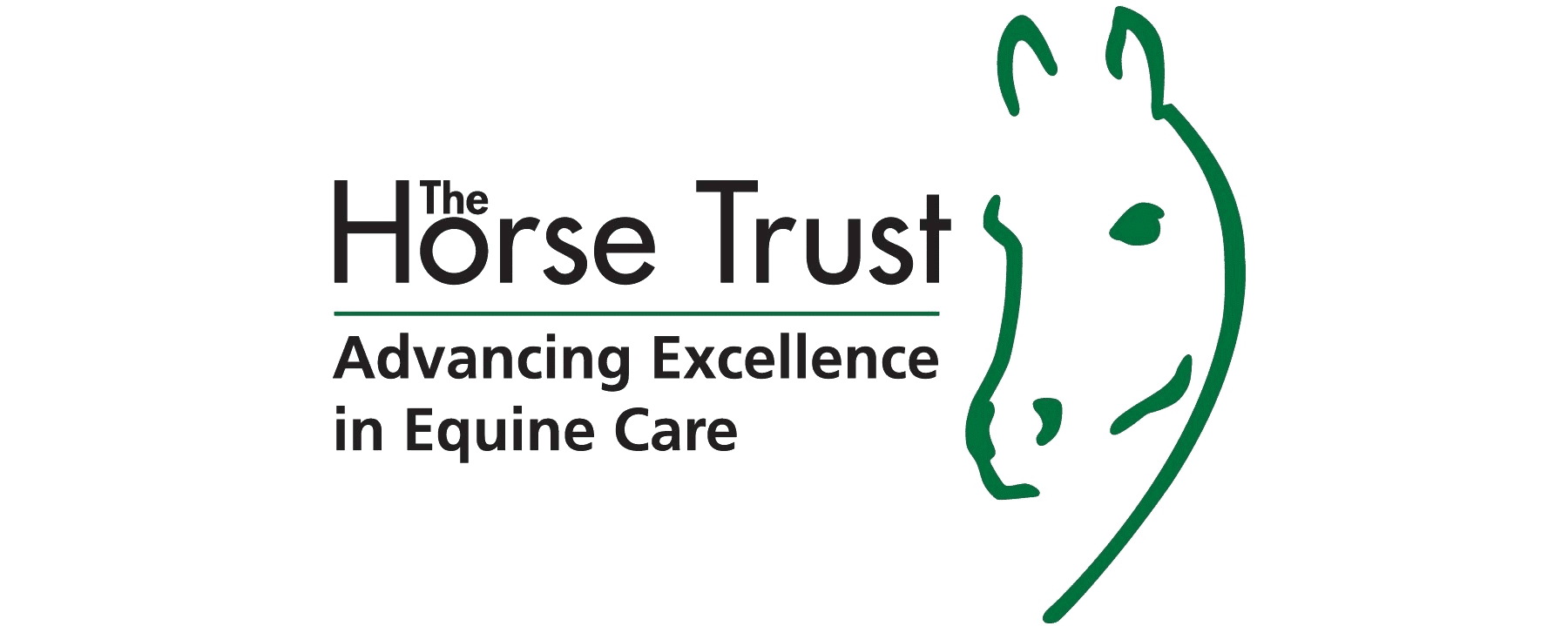
 Donate
Donate


